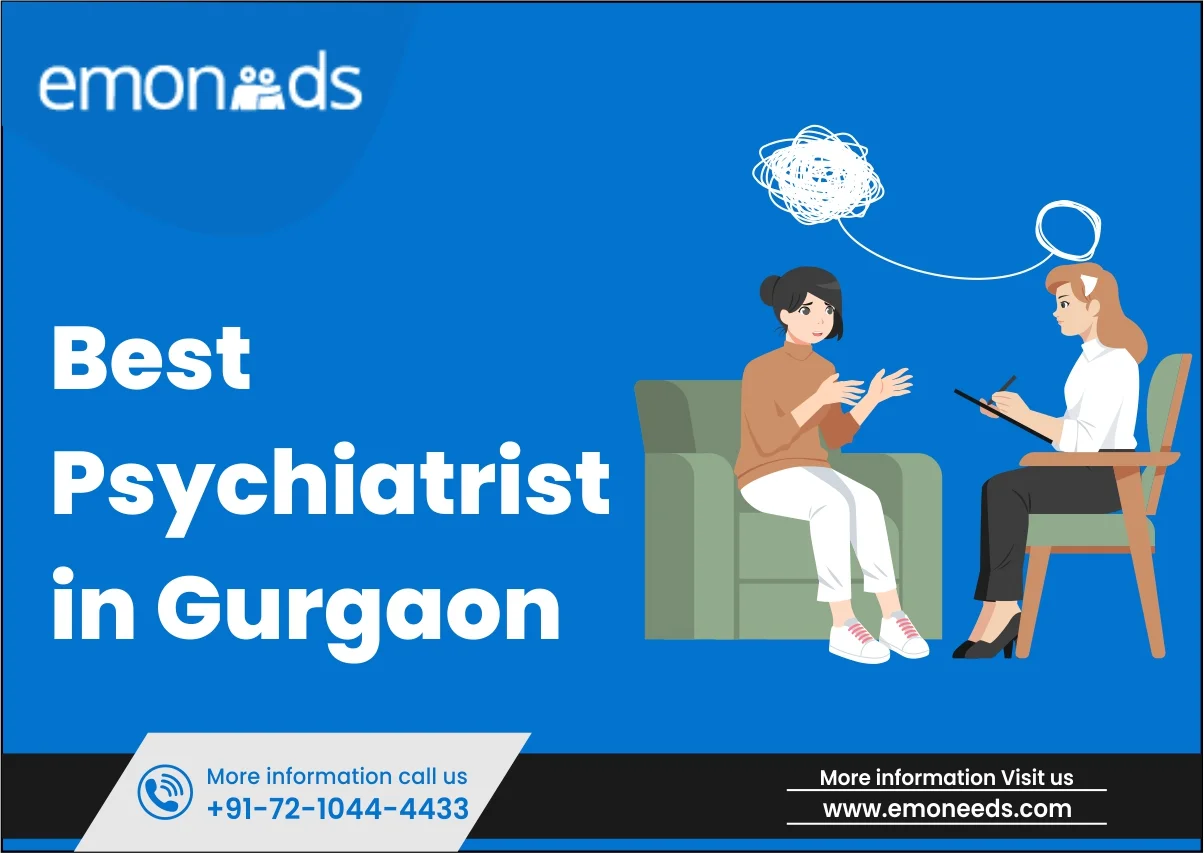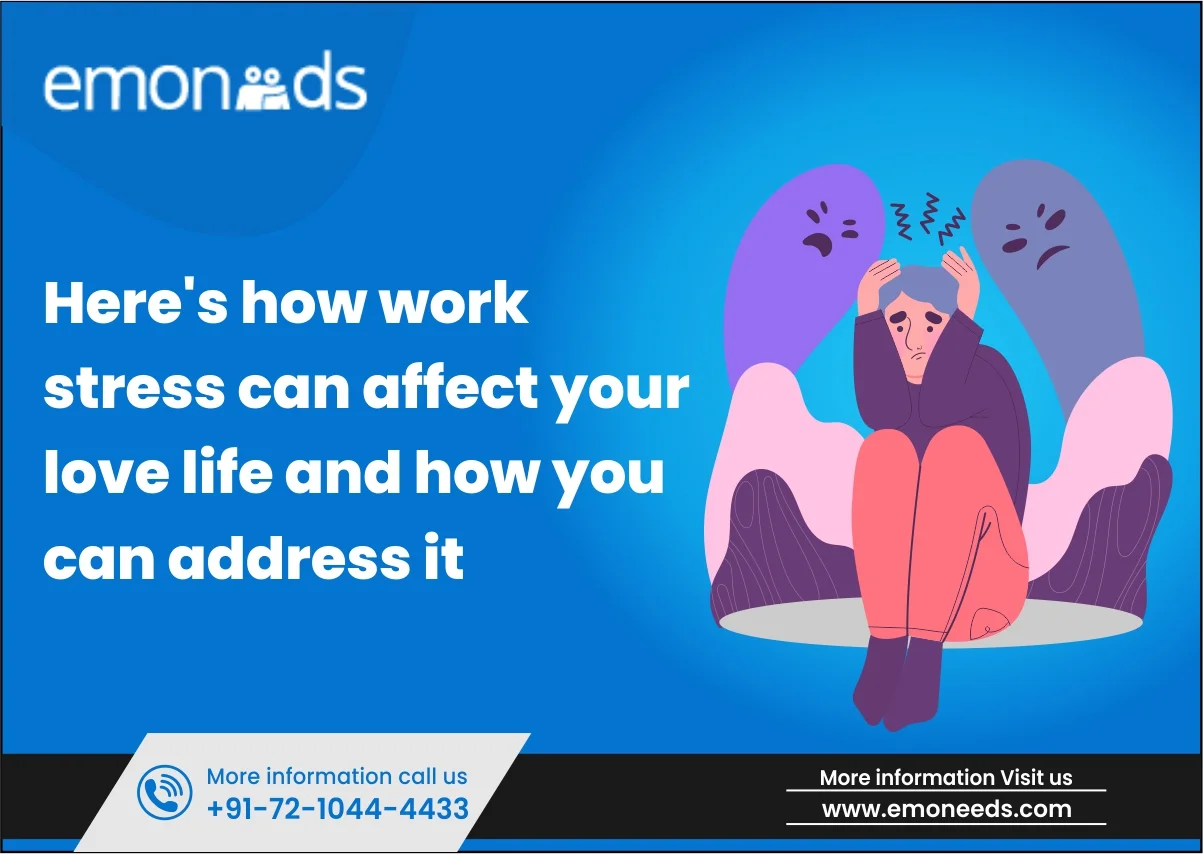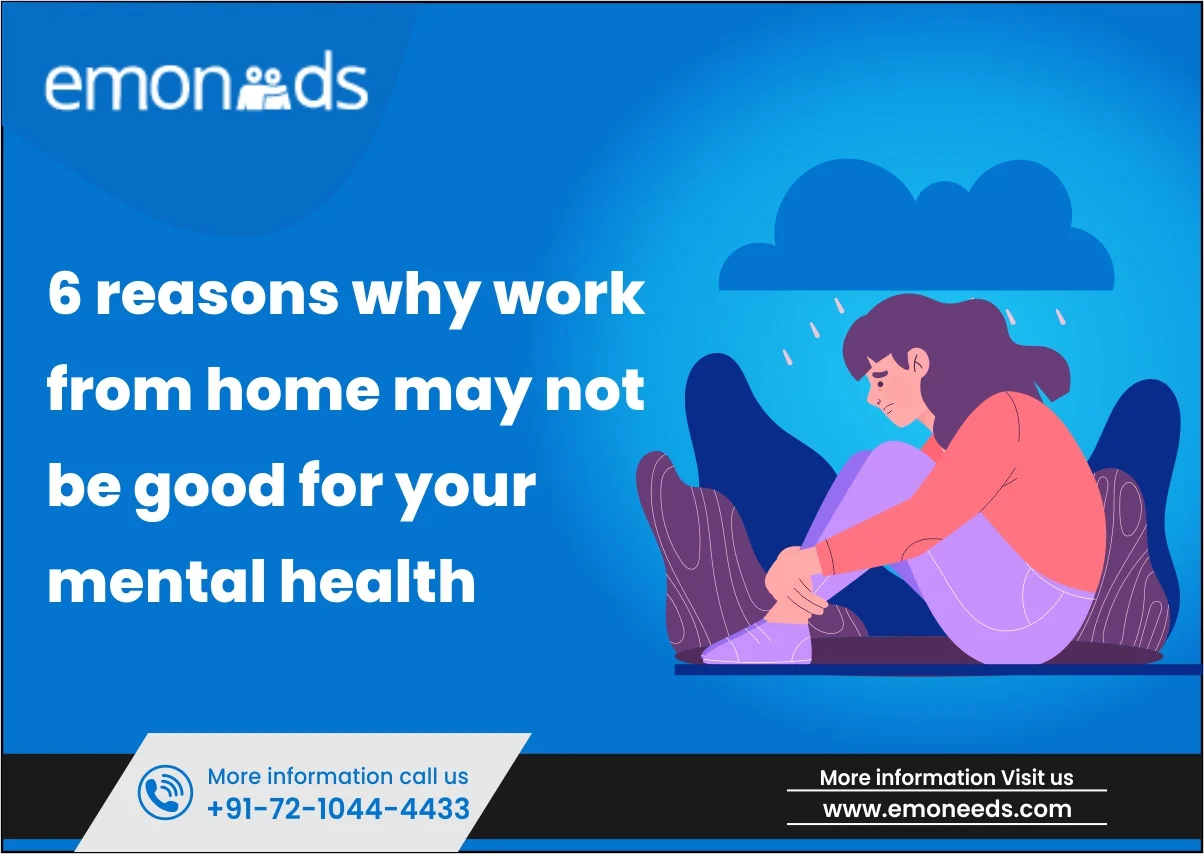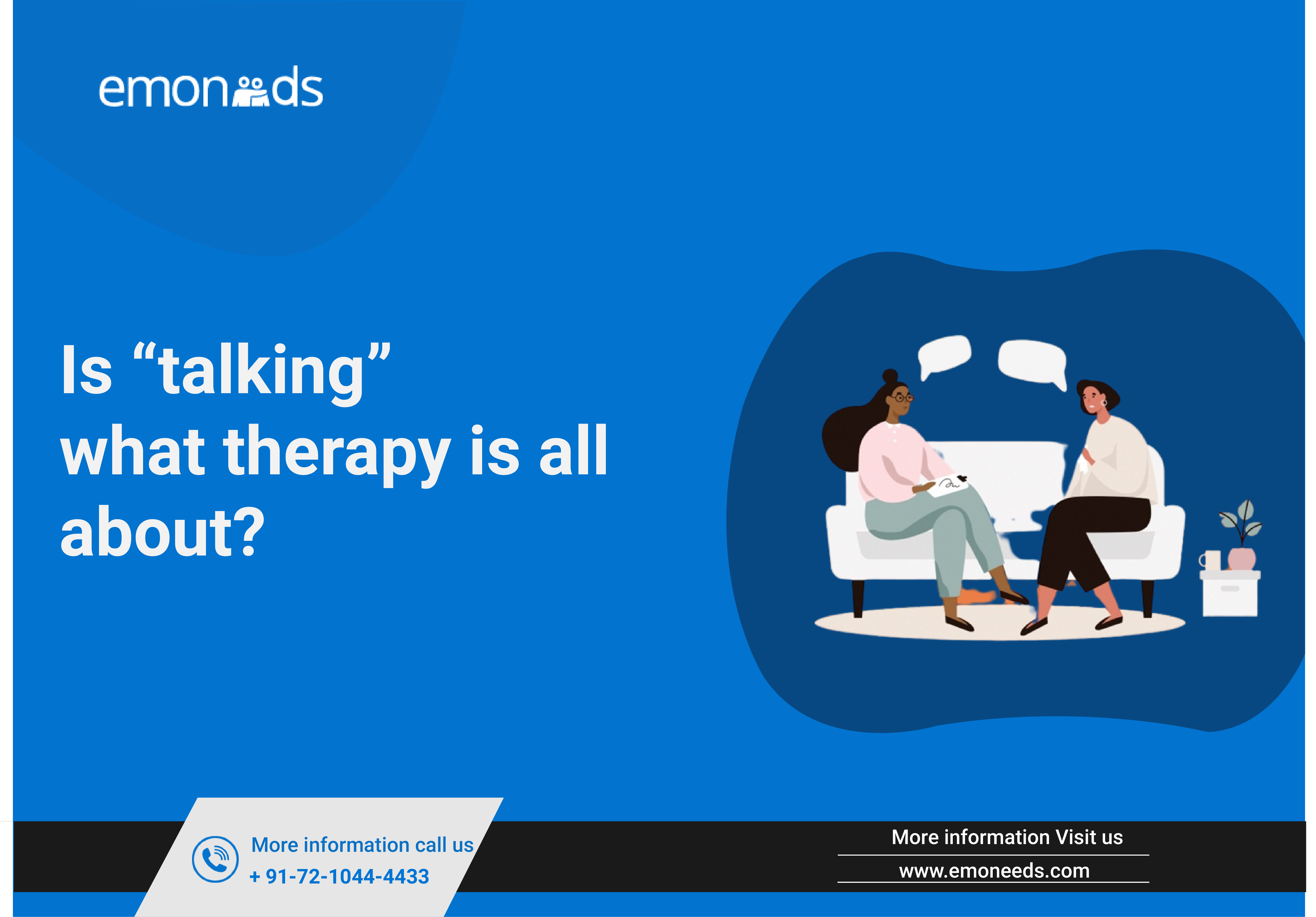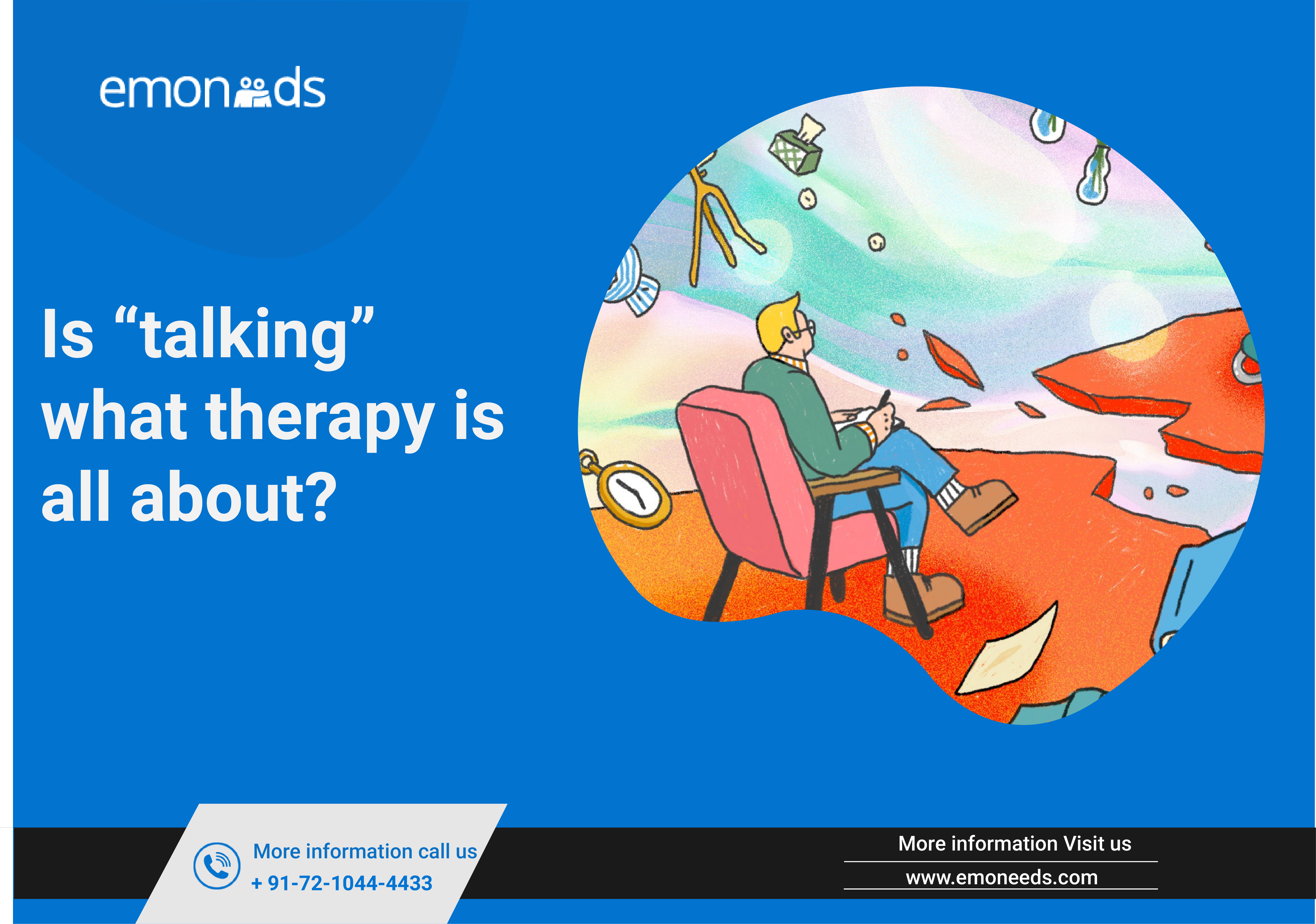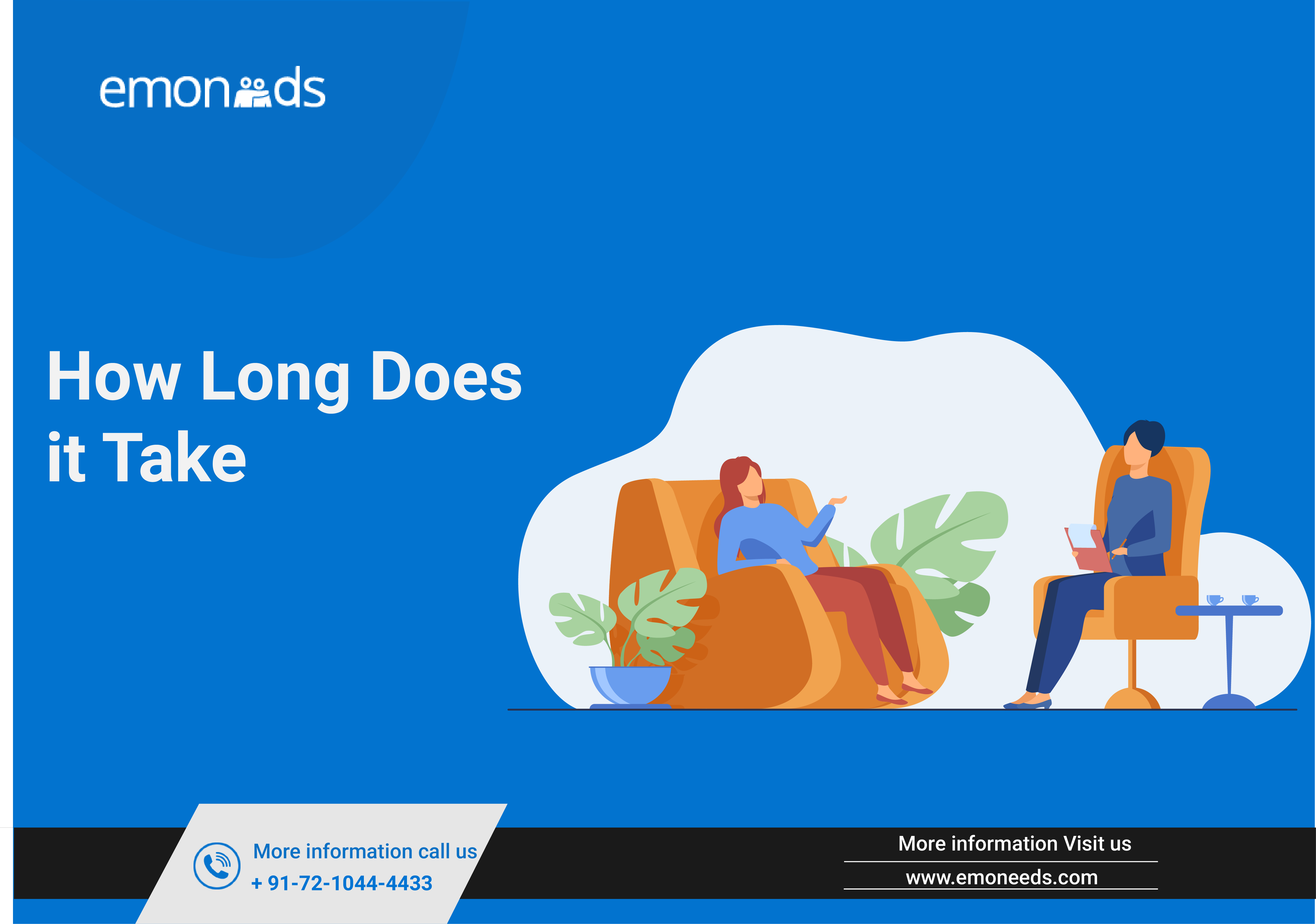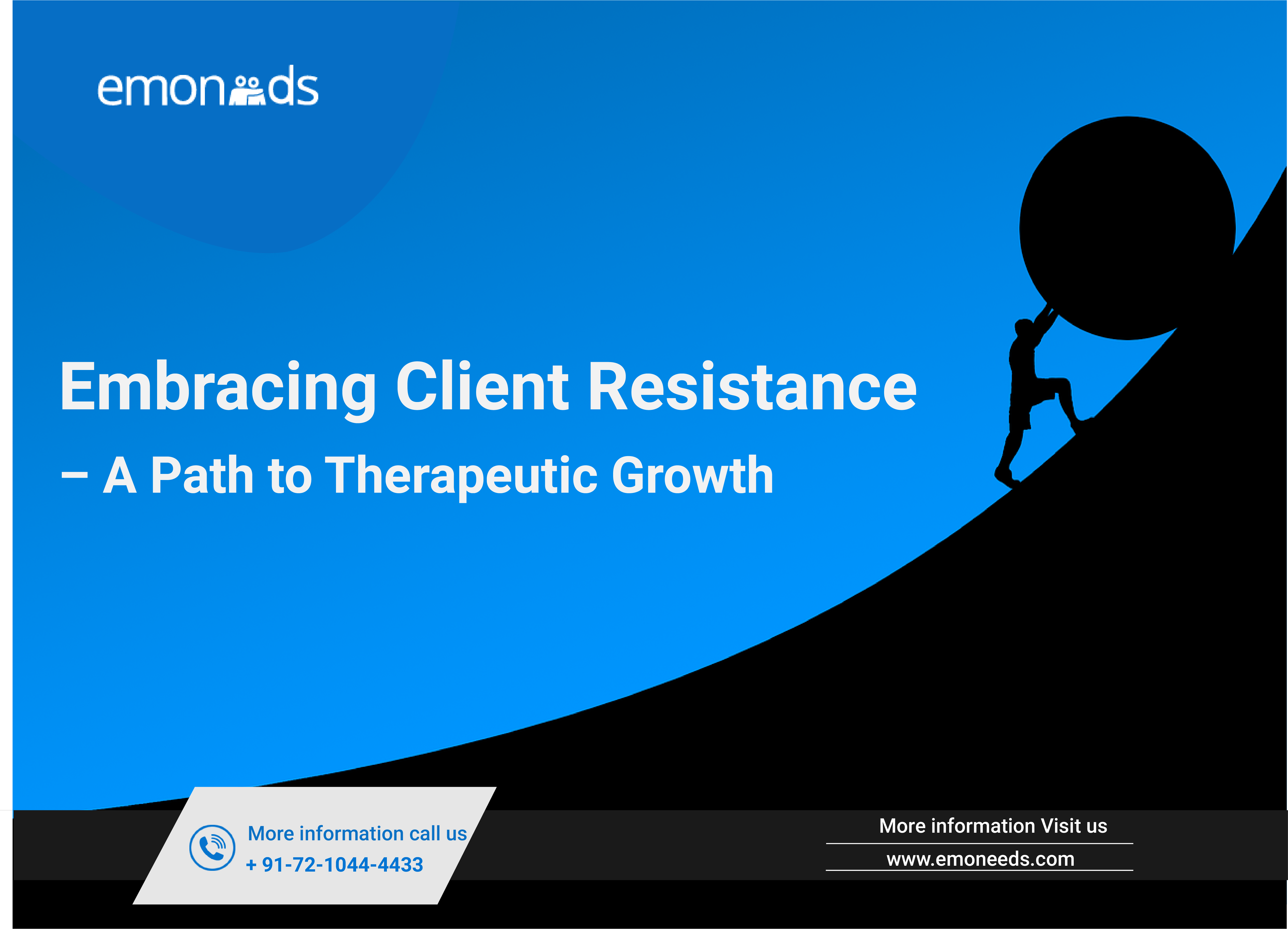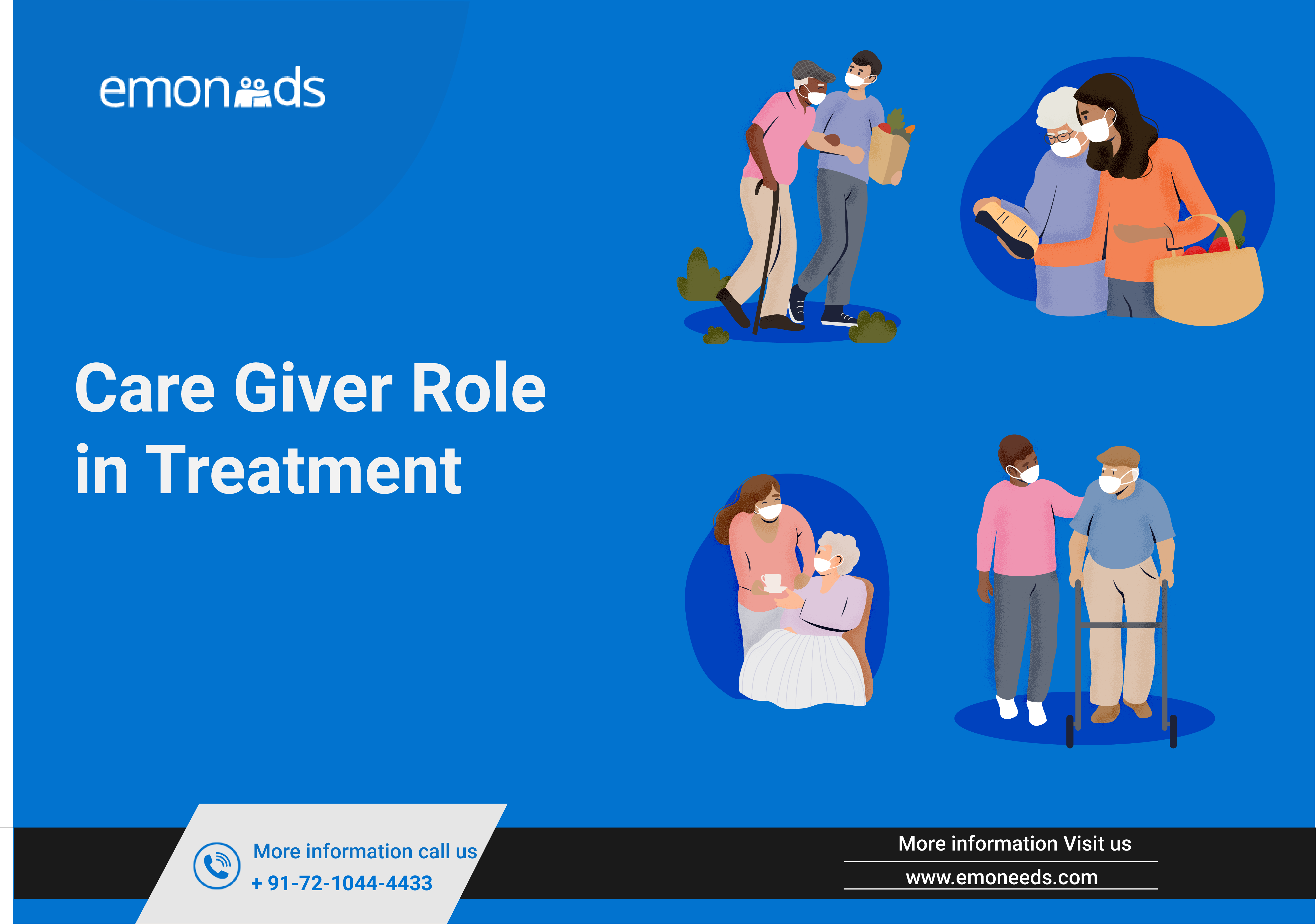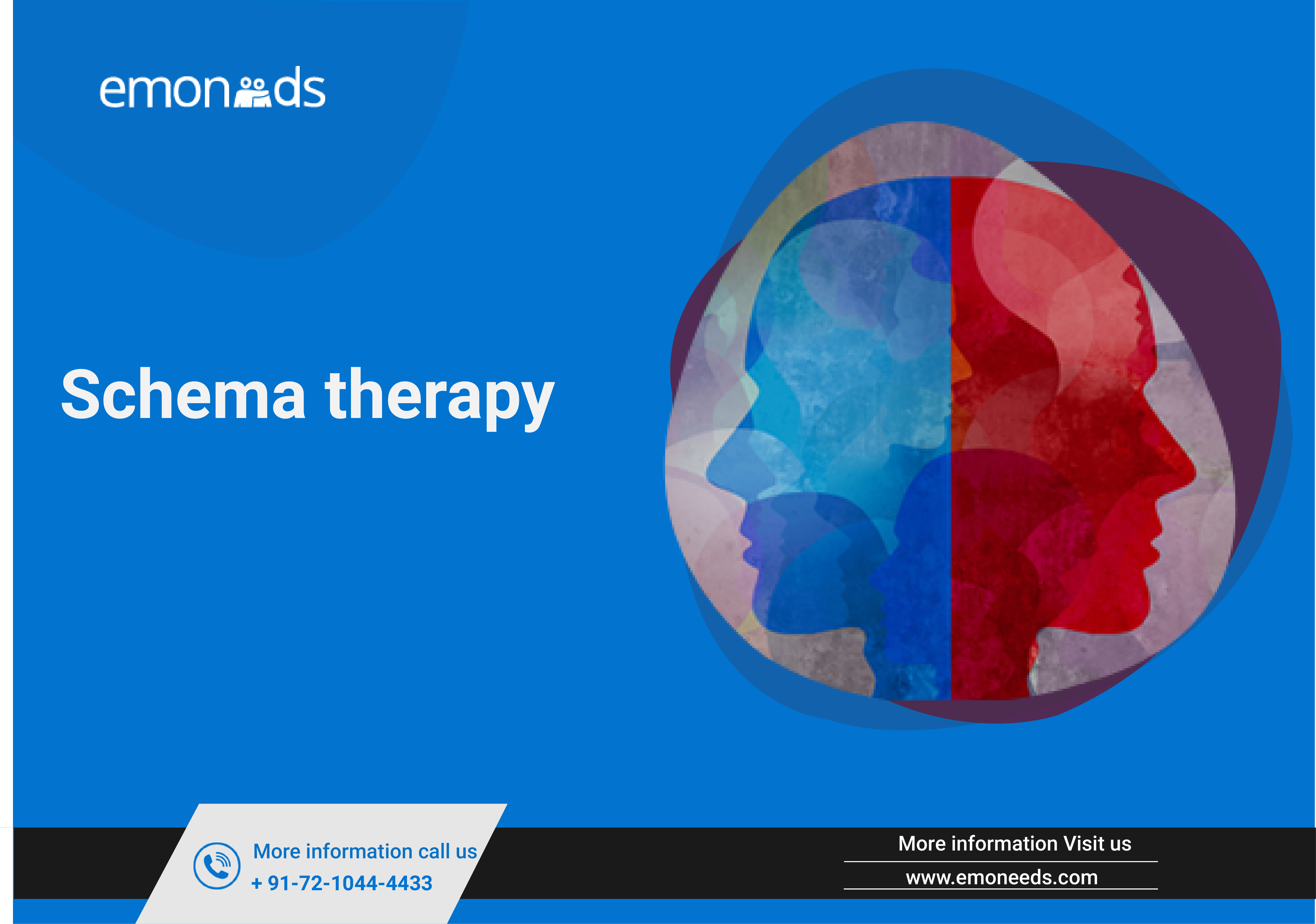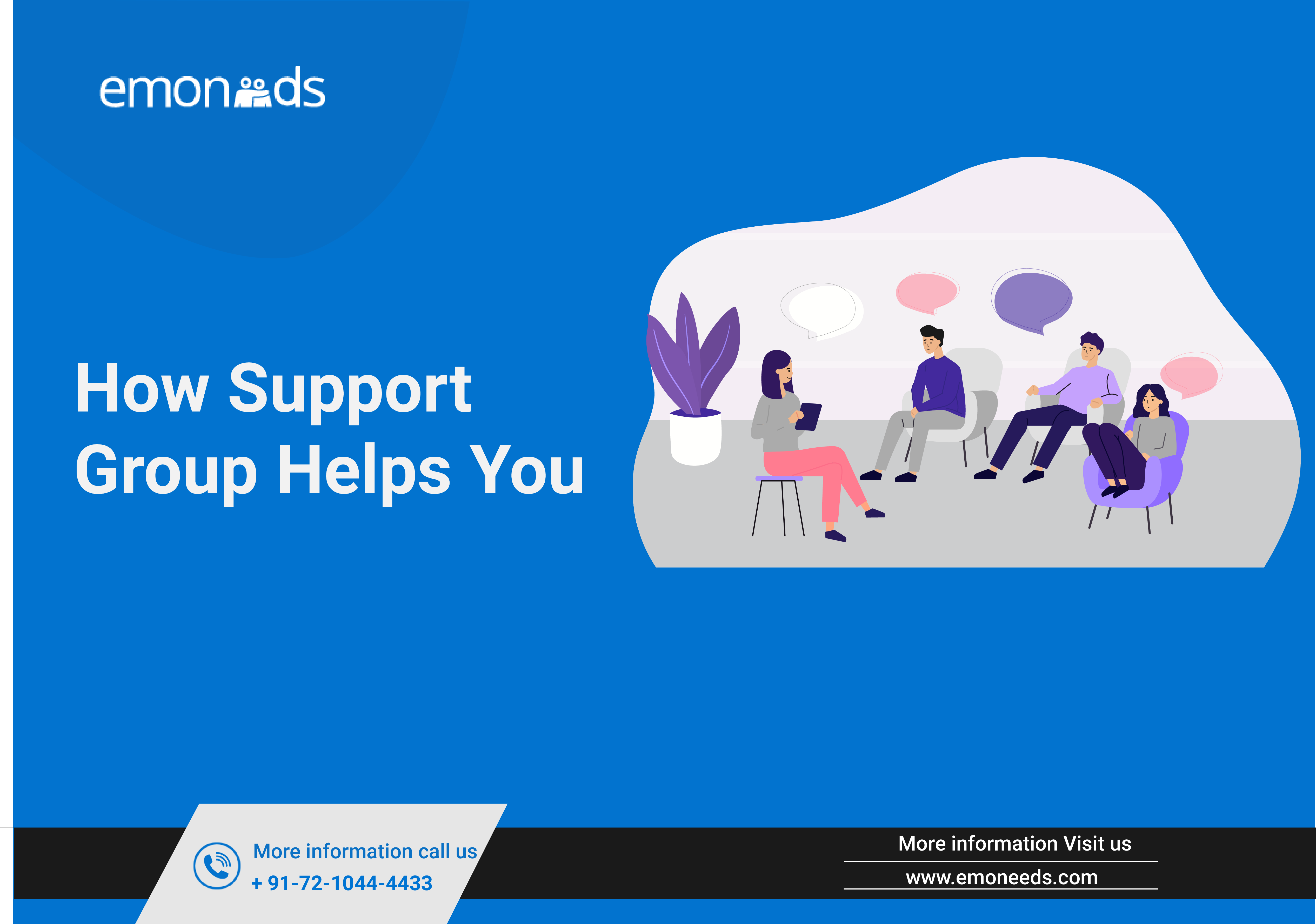
- August 12, 2023
- Saloni Kabra
- 0
People are social creatures by nature, and we need to feel connected ,so consequently establish communities wherever we are.They often consist of our family, friends, and a variety of other people we connect with frequently.Our communities play an important role in our lives by offering emotional support, safety, comfort, and helping to influence how we interact with the outside world. People living with mental illnesses can find it hard to confide in others, even to those closest to them. Furthermore, the stigma attached to mental illness makes it much more difficult for these people to speak up and ask for help.
Support groups can bridge this gap by offering an alternative safe environment for mutual support through shared experiences, information, and similar worries regarding mental health difficulties and their rehabilitation. These gatherings are unstructured spaces where people can talk openly about dealing with mental illness, addictions, and chronic illnesses. Occasionally, they also welcome the support of carers. There are many various sorts of support groups, including those for addiction, mental health concerns, medical problems (such as cancer), and many others. Some are managed purely by others who are dealing with the same issue.
Others are professionally run by clinics or community organizations with experienced therapists. Although most are held in person, there are also online or video-conference support groups.
Support groups are highly regarded by both attendees and professionals since they provide several advantages:
Table of Contents
ToggleYou are not alone !
Human interaction, especially social interaction, is important for maintaining one’s mental health.After attending a support group, you won’t just feel lessalone; it might even help you become more socially adept if you’ve had long-term addiction or mental health issues. Your mental health and self esteem may suffer if you are isolated. This may then have an effect on how you are treated.
Expressing your feelings
You will start to feel comfortable sharing your sentiments and personal circumstances with the group once you realise you aren’t alone and are in a secure and encouraging environment. When you discover that the other members of the group will listen to you without passing judgment and will commend you for your openness and courage, it may be a really therapeutic and healing experience.
A confidential & non judgmental setting
Support groups provide a nonjudgmental setting that encourages participants to open up and feel comfortable. Because these meetings are strict on confidentiality, you will probably be more likely to be honest about their problems. You may be able to see your circumstances more clearly and learn important things about yourself as a result.
You can practise social skills and engage more successfully with others by getting to know and converse with other group members. Addiction or mental illness have frequently been factors in people withdrawing from social situations. Support groups offer a secure setting to regain your confidence among people.
Seeing other members of the group who are further along their road to recovery and who have made significant progress towards leading happier and healthier lives is tremendously inspiring. These inspiring individuals give you hope for the future by demonstrating to you that healing is in fact possible.
It’s normal to start noticing a decrease in general anguish and discomfort as you go through different problems and worries in the group. This is an indication that things are improving and you are feeling better.
Education
Support groups provide a wealth of practical information and general guidance on dealing with addiction. Additionally, you can discover additional therapy alternatives, their advantages and disadvantages, and hear about other people’s experiences with various therapies. Knowing more about addiction can drive and inspire you, give you a sense of control over your circumstances, and empower you.
Affordability
Support groups also have the advantage of being very inexpensive. The majority of groups, in fact, are typically less expensive than individual treatment sessions and many are even free.
